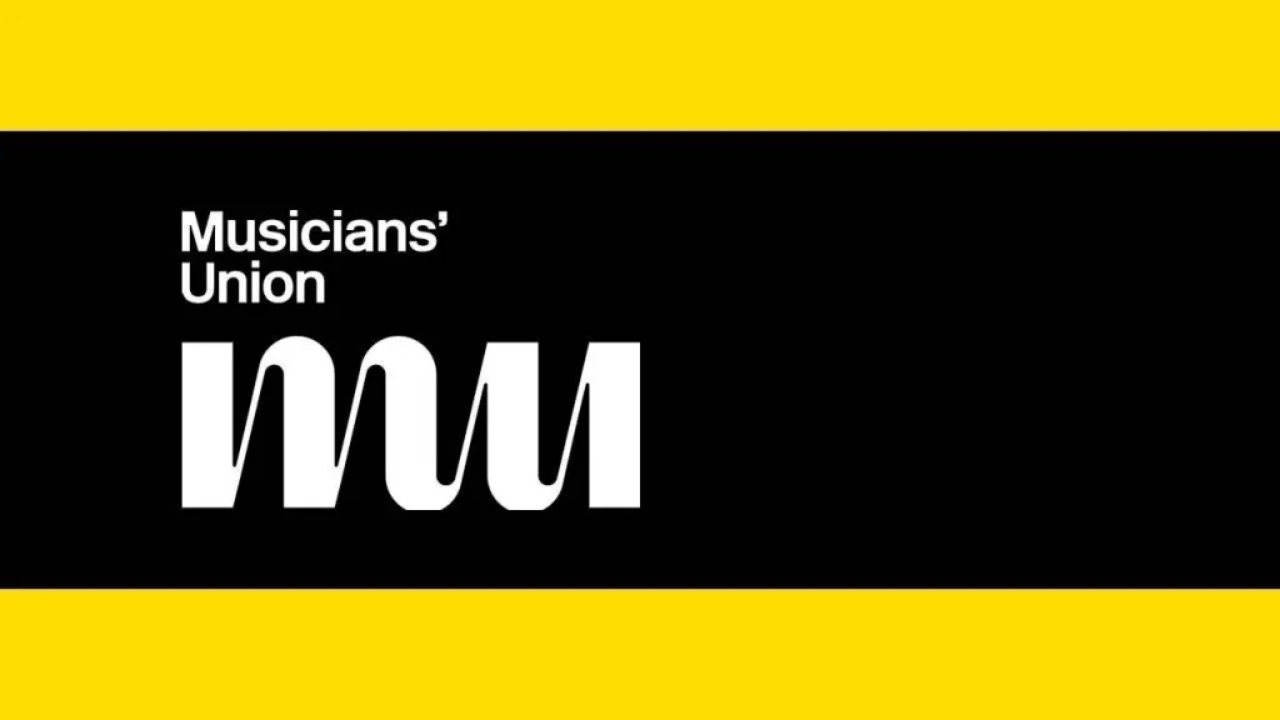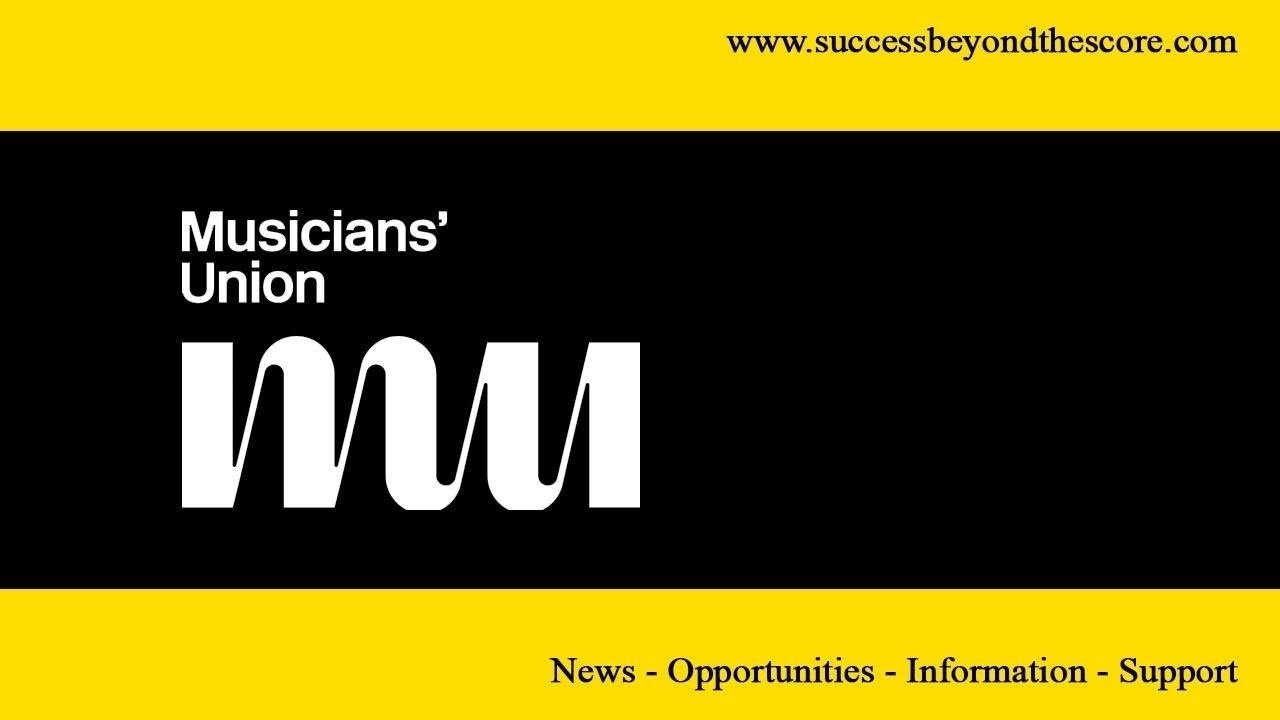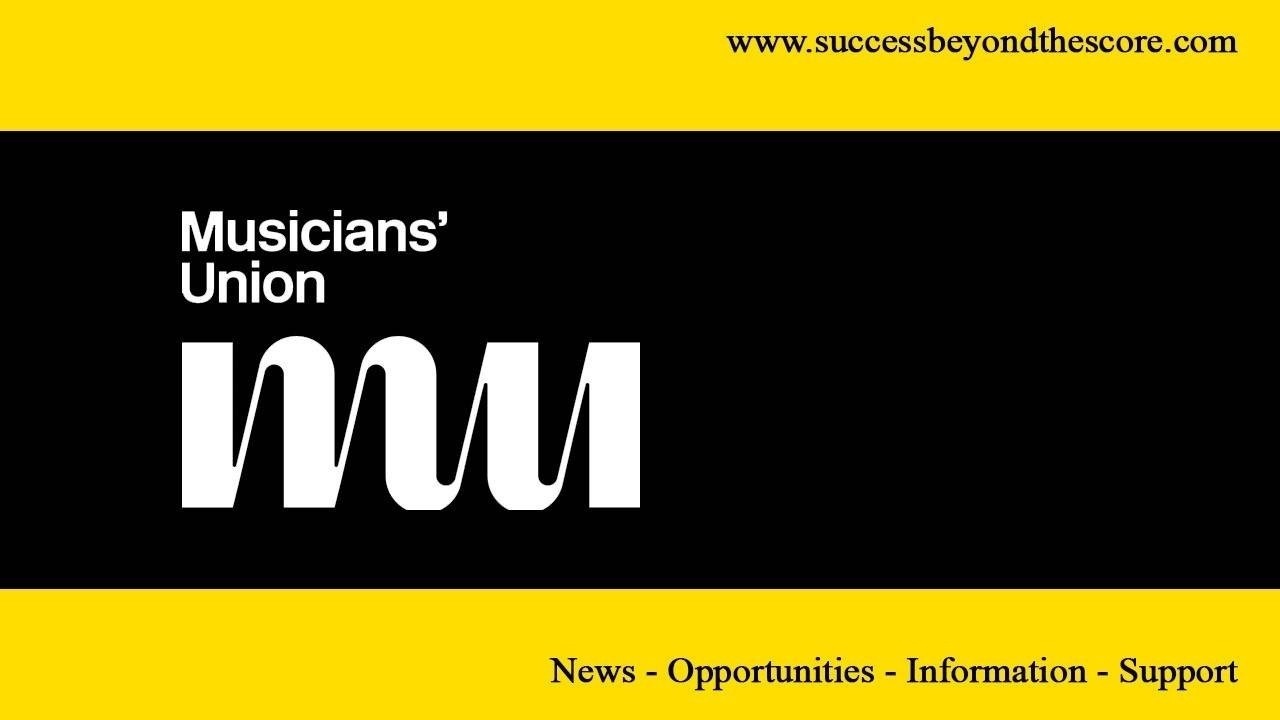Media composers, please answer the Fair Score's survey!

Fair Score is a joint campaign between the Musicians’ Union and The Ivors Academy, which seeks to ensure fair commissioning in media composition. It fights against coercive buyouts, opaque pitching processes, and deals that violate composers’ rights.
In a first survey conducted during 2019, the predecessor of Fair Score found that 35% of the surveyed media composers had accepted buyouts or work-for-hire deals. This means that, instead of receiving a commissioning fee upfront and royalties over time, they got a one-off fee and nothing else. This endangers the livelihood of composers, as they are deprived of long term income sources.
The same survey revealed that 41% of the surveyed composers gave up more mechanical rights than they wanted to, and 64% affirmed they believed the commissioning environment is coercive. This is unsustainable and harmful for the industry, even more now that commissioners count on the threat of generative AI to put pressure on media composers.
It’s importan...
UK government must address lack of streaming royalties

Players of over 20 orchestras across the UK have joined forces with the Musicians Union to demand that the government addresses the lack of streaming royalties. While streaming services have made music more accessible than ever, most of the money that they earn never reaches the people who perform the music. This is a particularly harrowing issue with non-featured musicians, including session and orchestral players, as the viola player Rachel Bolt explains in this reel:
View this post on Instagram
The Musicians Union has assessed that the solution lies on updating the copyright law. As it currently stands, streaming services must give part of their revenue to copyright owners, who are mainly record labels and publishers. Changing it in a way that guarantees equitable remuneration for streaming income would give musicians their due revenue back, without making the State incur in additional expenses.
You can read ...
Your Safety, Your Say

Labour Day is an opportunity for workers across the globe to pause. Whether you use the day to rest and recover, to reconnect with others, or to think about ways to improve the conditions of your trade, the day is about having a breath and look at the reality of labour without the rush of the race for success (or survival).
In a landscape where 71% of music makers and professionals are freelance, however, the date can easily be dismissed and pass unnoticed. This is highly detrimental, given that freelancing is a particularly hostile and challenging model of work. The specificities of freelancing make plenty of room for abuse, exploitation and intimidation. It's vital that we push together for increased standards of protection for freelancers all across our sector, and for that, we need information and perspective.
Last year, Black Lives in Music worked to inform the Women and Equalities Committee (WEC) report on Misogyny in Music, which found wide-scale issues that pointed to an ‘end...
The Challenge of the Perfect Embouchure

The main instrument of any musician is their own body. From the brain to the limbs, to the internal organs, to the skin, different parts of the body interact with musical instruments, with other bodies and the world around them to create music. It's no wonder, then, that musicians and their health are a topic of interest in medicine.
An interesting example was presented by the British Dental Museum this year with the exhibition The Challenge of the Perfect Embouchure. Defined as "the way in which a player applies their mouth to the mouthpiece of a brass or wind instrument, especially as it affects the production of the sound," embouchure is critical for players of these kinds of instruments.
The exhibition was dedicated to Maurice Porter, a dentist and amateur clarinettist who became an authority on embouchure during the 50s and 60s. One of the first doctors to pay attention to how poor dental or facial health was specifically detrimental to wind and brass players, Porter wrote some ...
MU: Access Riders for Musicians

As musicians, we require that the venues where we play provide us with certain things in order for us to be able to offer our best performances. Some examples are tables to locate our equipment, dressing rooms to get ready after a long ride to the venue, parking space near or in front of the venue with the possibility to offload, ramp access, etc. While some might think those are a given that all venues offer by default, the truth is that many of them do not. This is particularly troublesome for musicians with disabilities. After all, if you require certain accommodations due to a disability, you might be hesitant to try your hand at gigging due to fear of venues ignoring your needs.
First of all, rest assured knowing that all musicians have the same right to perform at public venues, no matter whether they have a disability or not. To ensure that this is a reality, the key is that artists and venue owners communicate in advance to clarify the needs of the show and take action for ...
Millicent's Speech For (MU) Motion 20: ‘Being Black In The UK Music Industry’.

This was Millicent's speech to move the (MU) Motion 20: Being Black in the UK Music Industry, delivered at the TUC Black Workers Conference:
Good morning Conference. I am Millicent Stephenson, Musicians’ Union, and I am moving Motion 20, ‘Being Black In The Music Industry’.
Music is important and woven into the fabric of our society. It motivates, soothes, conveys ‘I love you’ and ‘good-byes’. It is a social, physical, spiritual thing which goes through our being. What would life be like without music?
Music is also a professional career choice on par with any other. However, within the music industry there are stratas and issues. One of which is ‘being black in the music industry’.
You may be familiar with Jazz music, songs like ‘Summertime’ and ‘At Last’, but did you know that it came from the black communities of the United States? Also, the root of Jazz is the ‘Blues’, the music of African people, the victims of transatlantic slavery. This genre was originally scorned because o...